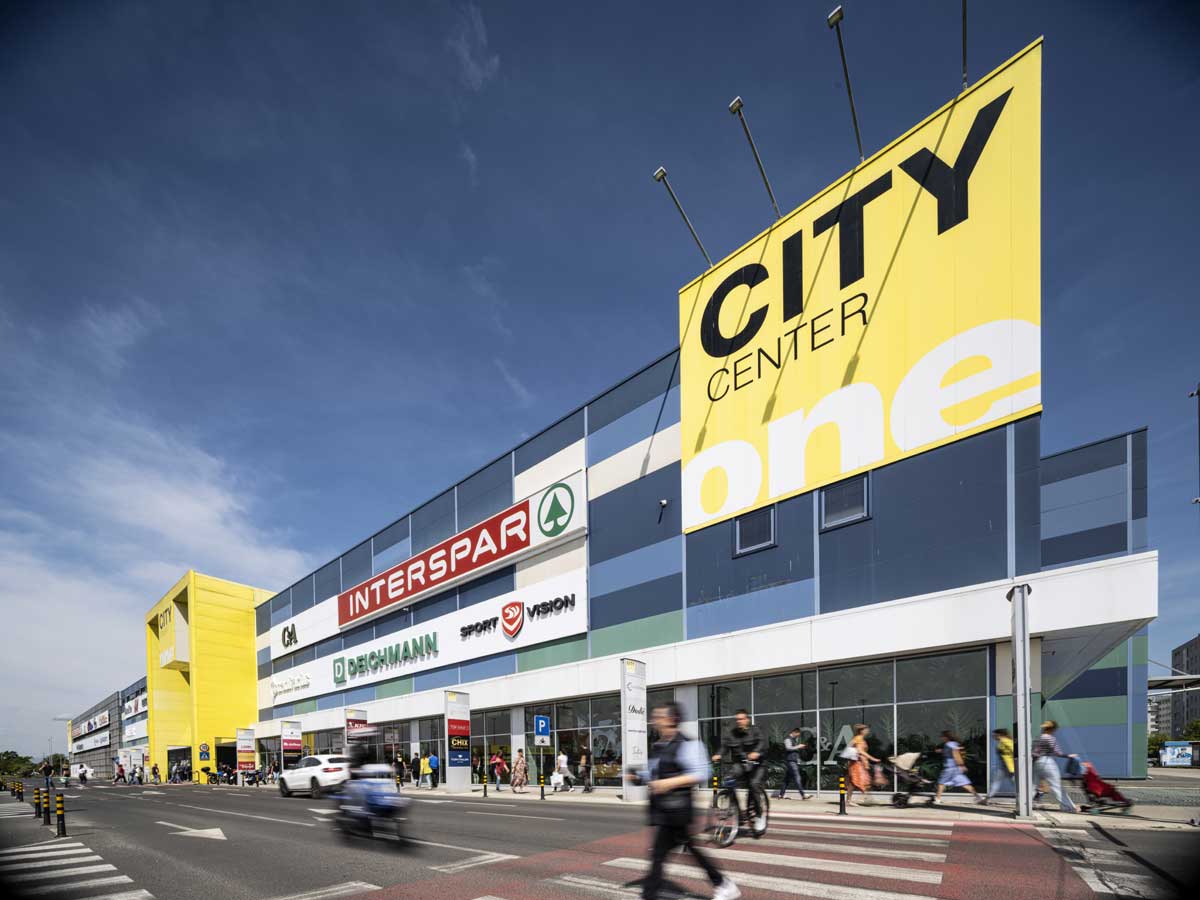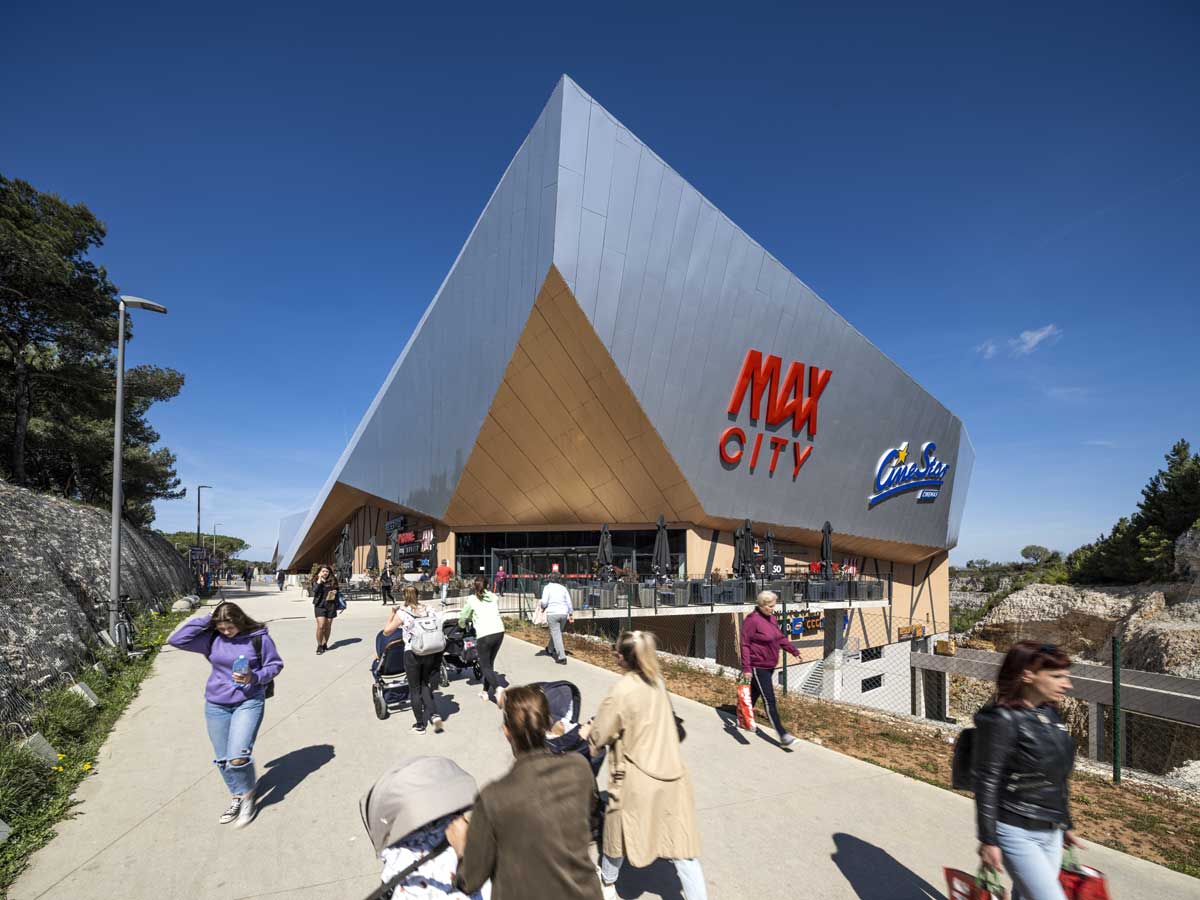CC Real, a leading shopping center management company, responds to the new ‘no work on Sundays’ law in Croatia which will take effect this July.
Croatia’s Sunday Closing Law has been a topic of discussion among retailers since it was proposed in 2020, with many questioning how it will impact shopping centers and the local retail industry. The law, which will come into effect this July, requires that all retail stores remain closed on Sundays, except for a few essential businesses and entertainment venues.
To learn how shopping centers will adapt to this new law we spoke with Davorin Profetae, Director of CC Real which manages four shopping centers in Croatia. Their portfolio includes three City Center one shopping centers, two located in Zagreb, and one in Split, as well as the largest shopping center in the Istria region Max City in Pula.

Davorin expressed his company’s adherence to the new law while highlighting his concerns about its potential impact on the retail market in Croatia.
He said “All measures, restrictions or prohibitions that are not necessarily urgent, such as this decision, should be introduced only after detailed analysis of its consequences on the market itself.”
Davorin believes that more research should have been carried out before implementing the law to determine the best direction in which to proceed.
He said: The government should have gradually decreased the maximum number of working hours on Sundays in stages, which would have allowed for the collection of data over a period of 2-3 years. This data could have been analyzed to determine the potential impact of such a law on employers, employees, and state revenue. Moreover, this approach would have saved the time needed for the preparation and adjustment to the new law, not only for retailers but also for shoppers.

However, despite his reservations, Davorin still believes that Sunday work could be better regulated by increasing the salaries that employees receive for working on Sundays.
He said, “We believe that the market could regulate itself by increasing the amount that employees receive for working on Sundays.”
Davorin also raised concerns about the regulation of businesses that are exempt from the Sunday Closing Law, such as catering services, restaurants, and cinemas.
He stated, “Why should these facilities be allowed to work every Sunday, while stores are not? In addition, restrictions of this kind will certainly not help in trying to extend the tourist season beyond the summer months.”
Expected Drop in Turnover

In terms of turnover, Davorin highlights that Sunday is the second day of the weekend, after Saturday, and accounts for more than 15% of visits and turnover. He acknowledged that there will be a drop in turnover and visits due to the Sunday Closing Law, but it is currently difficult to predict the percentage or exactly what impact the ban will have on the results of the centers CC Real manages.
He added “Our experience from 2009 tells us that most of the Sunday turnover will not spill over to other days of the week”.
Taking a Proactive Approach

However, despite the uncertainty, CC Real has taken a proactive approach in preparing for the new law.
Davorin explained, “Since CC Real manages centers that are positioned differently regionally, we developed a different approach for each center based on a detailed analysis of their visits and turnover, with the aim of maximizing both.”
The company took several steps to prepare for the new law, starting with informing the owners. They then consulted extensively with all departments and teams from each center to gather and analyze data relevant to making a strategy. Significant contributions were made by the controlling, center management, property management, and marketing departments.
Each center was approached differently based on its location and specific factors such as tourism impact and whether Sundays coincided with certain holidays or events. CC Real also held discussions with the shopping center tenants and with other shopping centers to exchange ideas.
Based on all the data collected, CC Real proposed a plan to the center owners for approval. They believe their proposals, based on extensive research, represent the best solution for each shopping center to adapt to the new law.
Conclusion
In conclusion, the Sunday Closing Law in Croatia will undoubtedly have an impact on the retail industry, and it remains to be seen how it will affect shopping centers.
CC Real has taken a proactive approach in preparing for the new law, considering all important aspects when making decisions. However, the company acknowledges that what they cannot predict is how visitors will react to the new law.
For more information about CC Real visit cc-real.com


